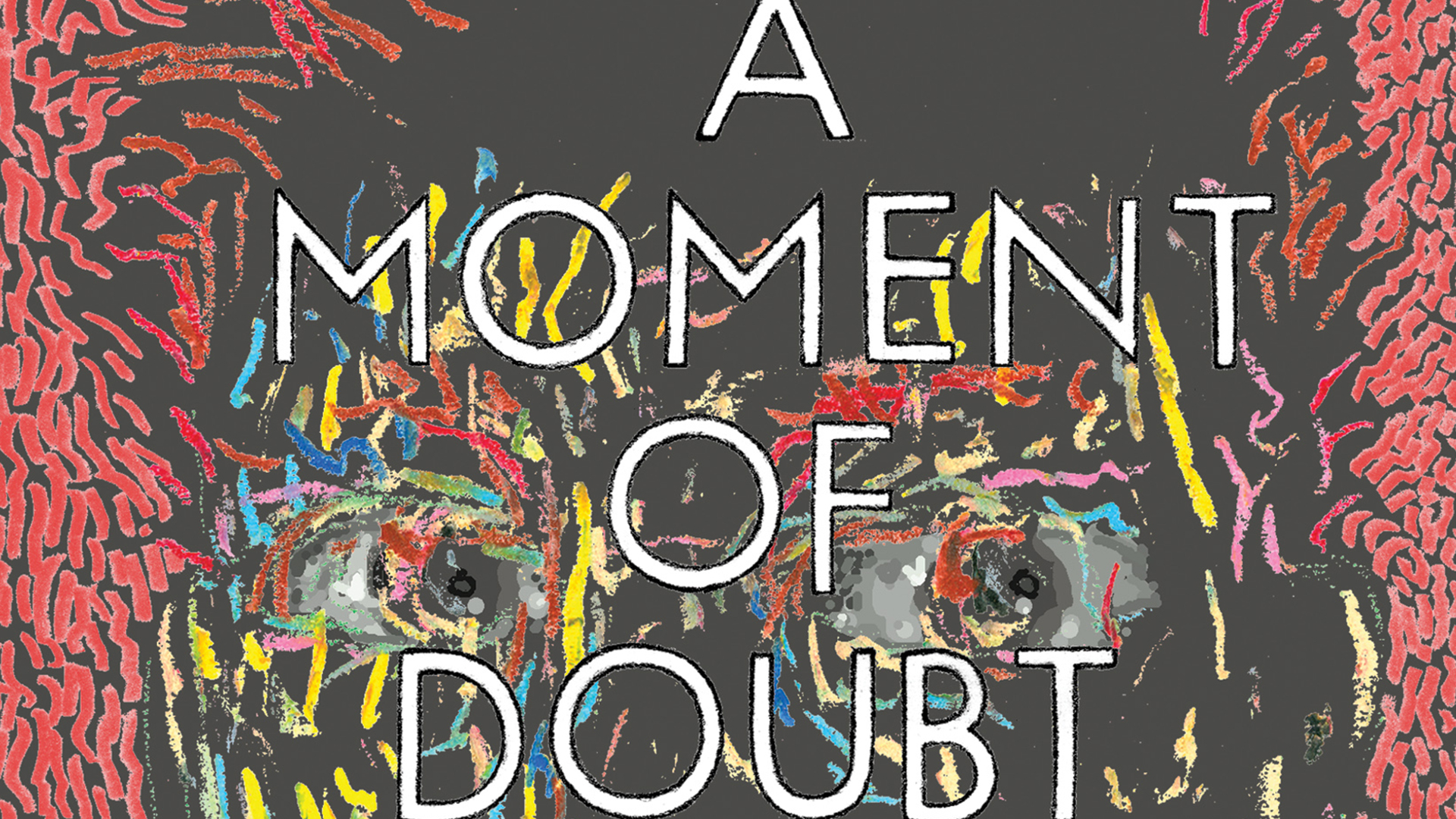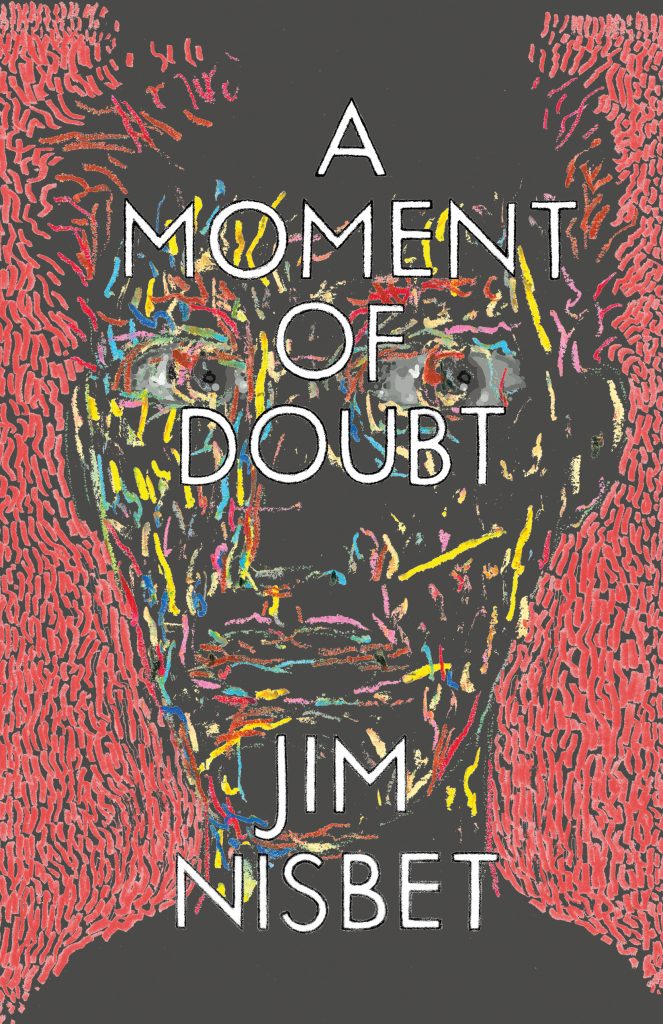Jim Nisbet’s noir detective knows why the book biz is fading
By Jonathan Kiefer
SF Weekly
Wednesday, Nov 3 2010
The
San Francisco poet and novelist Jim Nisbet’s new book is an old book,
reportedly conceived in the mid-1980s as he was making a name for
himself with crime novels while also feeling disgusted by the marauding
prosaicism of detective fiction. From necessity, he came up with a
different kind of noir-pulp novella: literarily neurotic,
self-deconstructing, hardboiled private-dick lit. Perhaps to cover his
tracks, Nisbet also took the trouble of rendering the thing obscenely
hilarious.
Aptly, he called it A Moment of Doubt — a
short moment at just over 100 pages, yet long enough to have stayed
timely until its publication this month in a joint effort by the East
Bay’s PM Press and San Francisco’s Green Arcade. It qualifies as a
local-publishing event, if this town nowadays can accept as much from a
writer who’s inclined to make his protagonist another writer who’s
inclined to liken his penis to Coit Tower at Christmastime. (Yes, as A Moment of Doubt hotfoots its course, from anticipated junk-needle jab to a breakthrough of consensual sodomy, pricks will abound.)
This increasingly anguished narrator, toiling away in the ’80s himself, is one Jas Jameson, “detective writer, a name that bears the onus of years of fictional violence, of sexual outrage, and lately of fraudulent endeavors.” Habits include contorted, toilet-rattling sex with his landlady, skulking around vestigial Cow Hollow sleaze pockets in a bleary-eyed fog of depressive paranoia, and confusing familiar barflies with his own fictional creations. As regards the fraudulence, that refers both to the whole of Jameson’s literary oeuvre — which contains some conspicuously familiar titles from Nisbet’s own backlist, plus a few other invented doozies such as So Long, Pockface — and to the dubious means of his recent bestselling eminence. Jas has just discovered “the marvelous labor-saving capacities of modern word processing,” through which the hack becomes a hacker, tinkering with his publisher’s mainframe and turning its business operations to his own advantage.
“I’ll even give you a hint, dear reader,” he warns early on, “right now, right this very moment, as you’re buying, holding, reading, thinking about this text, you’re deep, deep within a SUBMIT routine, conceived, written, and implemented a long, long time ago, by me. Your dear chickenshit author. And as of now, because you found out about all this too late, you’re lucky I’m benevolent. Consider.”
Only gradually does the irony dawn that A Moment of Doubt isn’t just about genre fatigue in general; it actually anticipates the Kindle-tested, microblogger-approved technological horror that’s palpably underway in the book business now — with deep reading ditched for mobile-upload synopsis skimming, author confidence shot and the whole organism of literature apparently sickened nearly to death. Or as Jas Jameson put it more succinctly some 20-odd years ago: “A pre-ulcerous condition loomed. Automation became imminent.”
Under
the circumstances, Nisbet seems remarkably magnanimous. One might almost
weep with gratitude for the vigor he puts into even the most quotidian
descriptions, the way of mocking writerly indulgence while also
delighting with it. He’s like a more hetero Burroughs, or a more
companionable Mailer, or both at once. His avidity is touching, and
rewarding.
This has been a productive year for Nisbet, with the publication of his novel Windward Passage and reissues of The Damned Don’t Die (known originally as The Gourmet) and Lethal Injection.
Maybe it’ll even be productive enough to release him from the
qualification that although many Americans still don’t know his work,
he’s huge in Europe. If anything, A Moment of Doubt reminds us that he’s been doing right by the reader from moment one.







